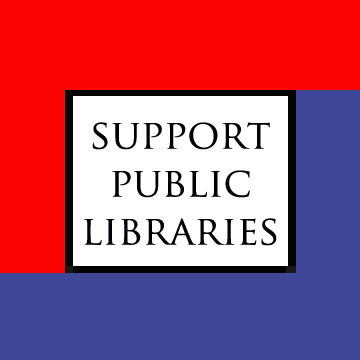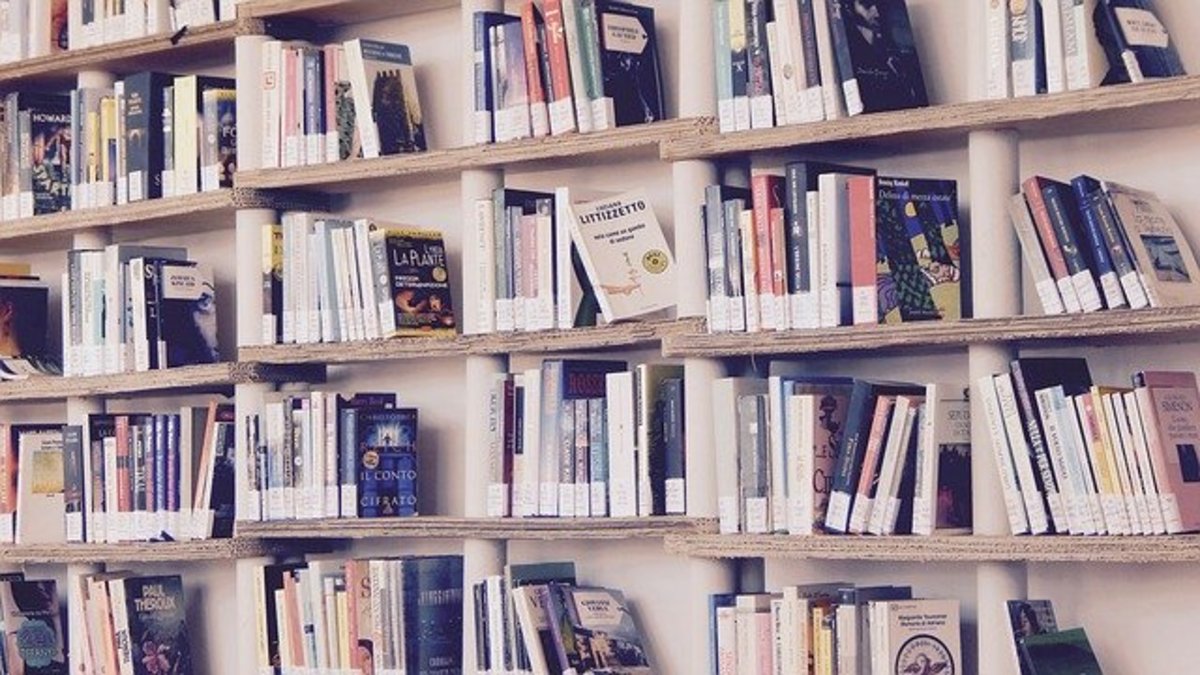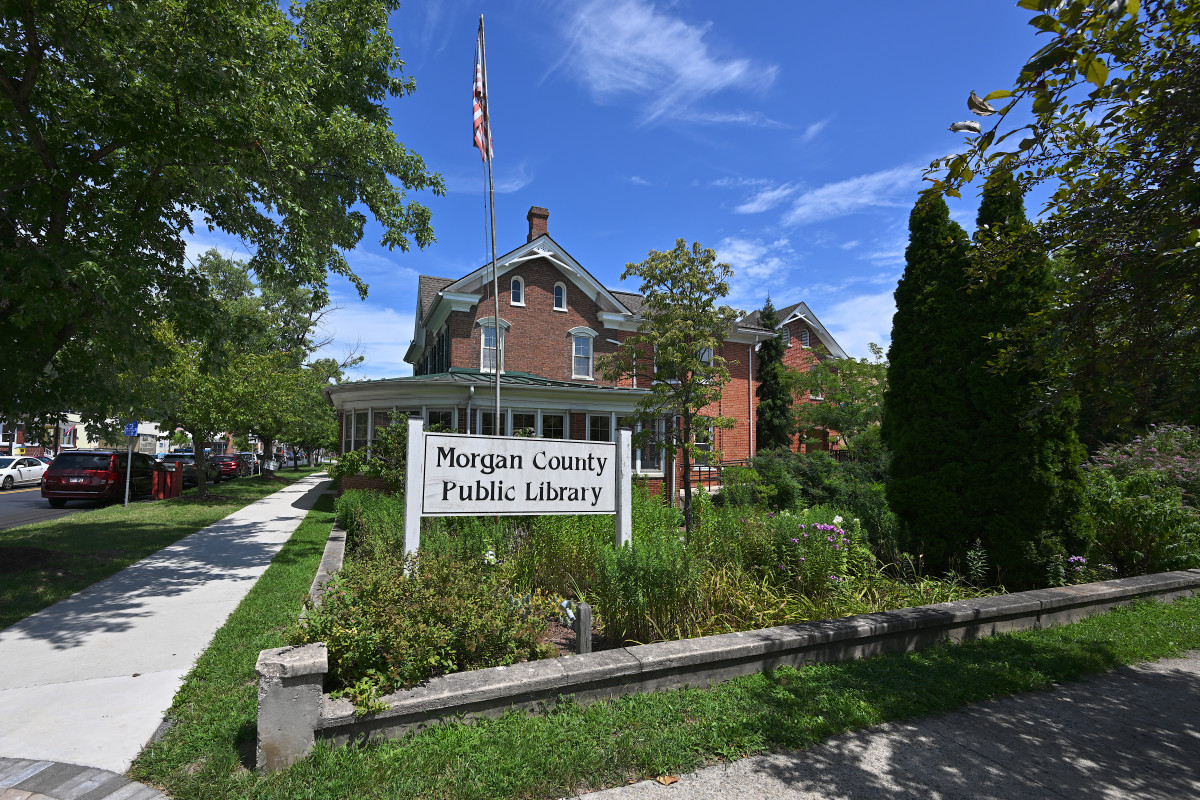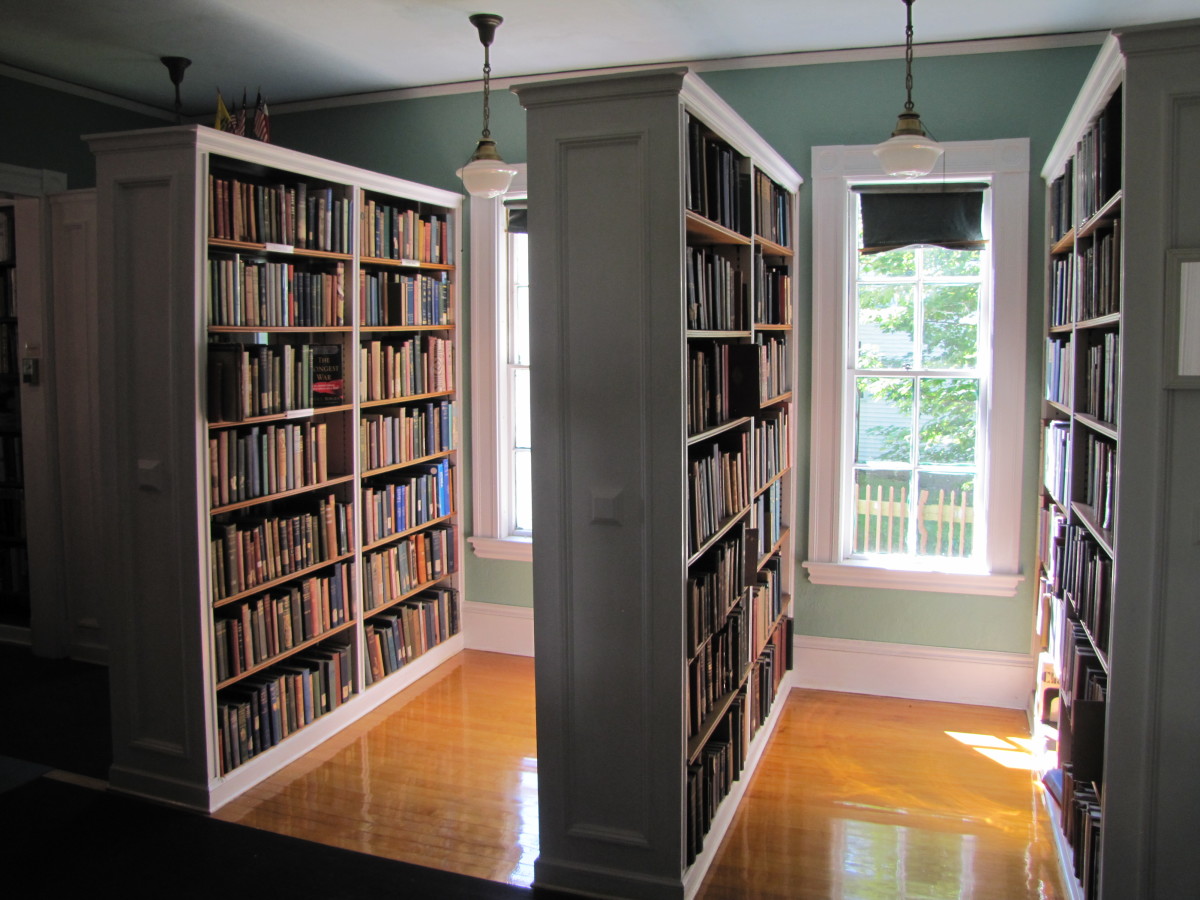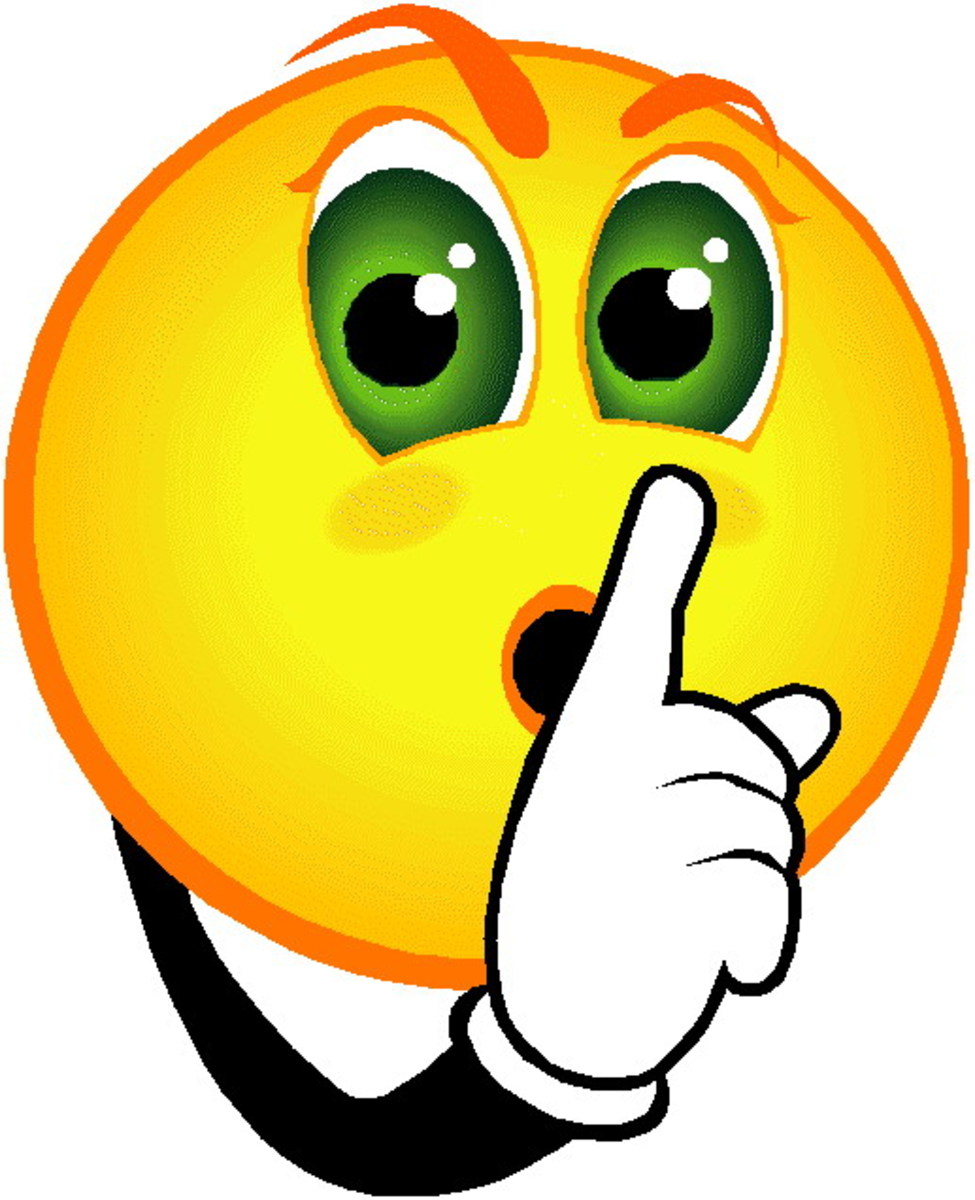Top 10 Reasons to Use Your Public Library

As a librarian, I am completely biased in favor of libraries. But, if the last library you went to looked like the one in the picture above (a traditional Carnegie Library in San Jose, CA, listed on the Register of Historic Places), then you might want to know that libraries are definitely part of this century and are actually pretty cutting edge in their technology and services.
Here are my top 10 reasons--in no particular order--that you should use your public library.
#1: It's Free!
Using your local library is one of the most frugal things you can do. At your library, you can get free access to computers, to WiFi, to professional librarians who can help you find information on any topic, and, yes, to books (and DVDs, CDs, and other media). Most public libraries now offer downloads of ebooks, audiobooks, and even magazines or other materials--so once you get a library card, you might not even have to physically go to your library.
Libraries also provide free programming, classes on technology use or other topics, and lots of activities for children to encourage early literacy. Even though people come into the library and ask to "rent" a book or DVD, there is really no cost to the individual to use a public library. Very few libraries charge for any of their services or programs, and the only time you are likely to owe the library money is if you don't return materials on time or if you return them damaged. Library fines are levied only as a deterrent to keeping an item forever or for damaging it.

#2: More than pop fiction
You can certainly find any popular fiction book you want at your local public library. If it's new and in demand the library will buy multiple copies of the book, but you may have to put your name on a waiting list to get it. You can even get books sent from other libraries to the one you frequent, so that you don't have to drive across town to another branch. Some libraries even easily share books across states or regions. And most libraries provide a nifty service called Interlibrary Loan, where they can borrow books from libraries around the world.
What materials do you like to browse at the bookstore or refer to for information, but don't want to buy? Do you look at those pictures in gorgeous (and expensive) art books? Do you think about buying magazines, but don't want to pay newsstand price? I like to get books my public library when I'm traveling, because I'm way too cheap to buy travel books that I won't use again after a trip. I also use the library to find resources and ideas for hubs and other writing. Just browsing the shelves I can come up with a huge list of topics I'm dying to learn more about.
Those library computers offer subscription-based services containing information that you can't get for free on the net. Lexis-Nexis, genealogy resources, online journals, research resources, reference materials, and a wealth of other information. You can often log in to these resources from home, too.
#3: Downloads, online resources, and media
The modern library is not just about books on rows and rows of shelves. A lot of what is available in the library doesn't even require you to go, physically, to the building (once you have your library card).
Most libraries offer:
- Audiobooks for download. I never like buying an audiobook, because I seldom listen to a book twice. But audiobooks are excellent to listen to on long car trips, while commuting, or even when you're just hanging around the house. Audiobooks for visually impaired people are also available.
- Videos for download. Online videos from libraries tend to be documentaries and classics (because your public library can't afford to pay royalties for current hits).
- Music for download. Again, often not the latest releases, but it is a free and legal way to get new music.
- Ebooks. Either for online reading or download, you'll find everything from course materials (like those for technology certification classes) to the absolute newest fiction.
- Online Magazines. Using apps like Flipster, libraries are offering magazines
- Learn a Language. Lots of libraries provide language software you can access online or checkout.
- Software and databases. In the library or online you may be able to access all kinds of software and information databases. Library computers generally have the Office suite available, and library databases provide research information not available for free online. I just went to my local library and found out they have an entire online collection of auto repair manuals.
- Online courses. My library also offers a collection of continuing education courses. Libraries are starting to list MOOCs (Massive Open Online Course) on their websites to help you locate courses in all sorts of subject areas.
The library also has DVDs and CDs for checkout, and maybe even older technologies like VHS and vinyl (OK, so they've probably gotten rid of all their vinyl, but if you still have a turntable, why not find out?)
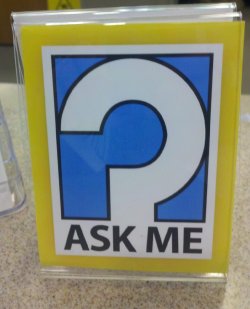
#4: Business and financial resources
Libraries provide programs and services specifically targeted at helping people with their finances. There are, of course, a variety of books and online resources available in these areas at the library, but programs provide added value:
- Tax help. Many libraries provide on-site tax assistance, especially for low income people and the elderly. Any library can help you find online tax forms.
- Small business resources. Many public libraries offer trainings, classes, and materials targeted specifically at small business owners and would-be entrepreneurs. See the New York Public Library's small business website for the array of resources offered there.
- Job searching. Most libraries offer resources targeted at job searchers. Services may include career counseling, resume resources, and lists of job opportunities. At the very least, the library can help you find online job resources and listings.

#5: Librarians
Don't picture a bunch of shushing, pinched-faced old ladies (the picture to the right is one of my non-stereotypical librarian friends). Librarians are information professionals who are tech-savvy and who LOVE to help people who are looking for information.
At a public library, librarians are particularly adept at answering a wide range of everyday questions, and can find medical information, job-hunting information, or gardening information as easily as they can locate your favorite author.
Public librarians often provide what used to be called "reader services." It's the human version of "If you like this book, you'll also like..." These librarians know what's being published in each genre and can get to know their patron's likes and dislikes. They can be even more helpful this way if you are a frequent library user, or if you use a small branch or small town library.
Small town librarians have other advantages, as well. In a small town, the library can be a hub of information and social activity. That means that your librarian knows about open jobs and community events, and is likely to be willing to share that information with you. You can use the openness of the library to publicize your local events, too.
On the other hand, a professional librarian will not share any reference question that you ask with anyone else in the community--that means you can ask her to help you look up those embarrassing health questions and she will not tell your wife about it. If you have any doubt of your librarians' professionalism, talk to them about their ethics before you ask your private questions.
#6: Finding your next "good read"
Librarians can often suggest books based on your taste or past reading habits. There are also a number of online sources that can help you make these choices, and your library may have subscription services to similar resources.
In case you can't wait to get to your library to access these resources, here are a few of my favorite online versions:
- What should I read next?
- Which book?
- Goodreads (not the same as the others, but once you get hooked in with a bunch of reading friends, you'll find new ways to identify books you'll like)
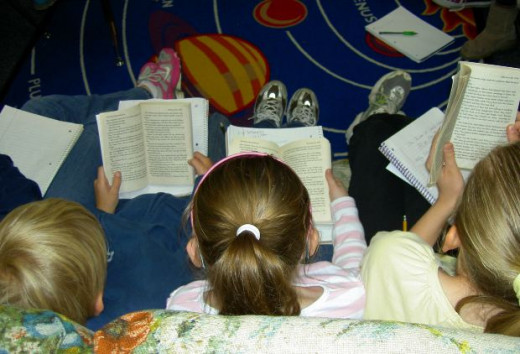
#7 Children's programming
Every public library has summer reading programs for children. A million year's ago, when I worked in a public library as a teenager, my favorite thing was to read stories, give puppet shows, and lead activities for three-year-olds. All libraries have children's sections, and you will give your children very happy memories if you take them to the library to check out books to read on a regular basis. Read with them from the time they are babies, and they are likely to continue to read for a lifetime.
Children's programming in libraries isn't limited to summer reading programs, or to toddlers. Most libraries have programming for all ages from babies through teens. Look at your local library's website to find out about the programs they offer. I just did a quick scan of library sites and found programming including the following:
- Homework help
- Homeschooling resources and programs
- Reading programs (for children and teens)
- Drama club for middle school
- Lecture/discussion for teens: staying private on social sites
- Reading contests
- Lapsit storytime for babies
- Board games
- Console and PC gaming contests
- Spanish-language storytimes
#8: Adult Programming
From trainings to author lectures, library's offer a range of opportunities for community gatherings and personal growth. Here is a sampling of the kind of programs offered at libraries around the country:
- Workshops on basic computer use: email, internet, word processing, spreadsheets, etc.
- Exercise programs
- Parenting classes
- Book discussions
- Author visits
- Cooking classes
- Resume classes
- Music concerts
- Art exhibits
- Movies
- Board game competitions
- Craft classes
- Poetry readings
- Cultural events
Go to your local library's website to find out exactly what their schedule of events is. I hope there's something that intrigues you.
#9: A great place to hang out--with free computers and wi-fi
Public libraries provide access to computers and wi-fi for free. Libraries also have comfortable places to sit and read or internet surf, and lots of interesting people to watch. Many larger libraries have coffee shops and snack bars. Why go to to Starbucks when you can support your local library?
If you are looking to meet people with interests similar to yours, and you are a literate person who is interested in ideas (as I assume you are, if you're reading this)--the library is a great place to meet friends. Introverts hang out with books, so if you're having a hard time meeting people because you are shy, you are sure to find fellow quiet people in a library. Just don't come on too strong, since most people aren't there to meet others. A nice opening line is "What's that book you're reading?"
#10: Supporting your library supports your community
The public library welcomes everyone. Libraries help break down educational barriers between "haves" and "have nots" by providing free services to individuals, no matter their race, class, income level (or anything else!). Freely accessible computers, books, and programming give people access to resources otherwise unavailable to them. Libraries support lifelong learning for everyone, but they may be the only place that people who live below the poverty line can access online and print resources. Low income teens use libraries to support their schoolwork, but they also learn to navigate the social media that is so important to their more privileged peers. The library also gives underprivileged kids a positive place to spend time after school. Without libraries, many poor students couldn't apply to college, let alone keep up with their peers once they are there. Without libraries, many unemployed adults wouldn't have a way to apply for jobs online or a way to increase their skills with computers.
Your library is supported by governmental funds, generally at the city or county level. The more use that the community makes of the library, the more resources the library can request from its funding agencies. Your use of the library to download mp3's can help immigrant mothers to learn English, without your spending a dime more than you already are in taxes. So support your library. And get those downloads.
